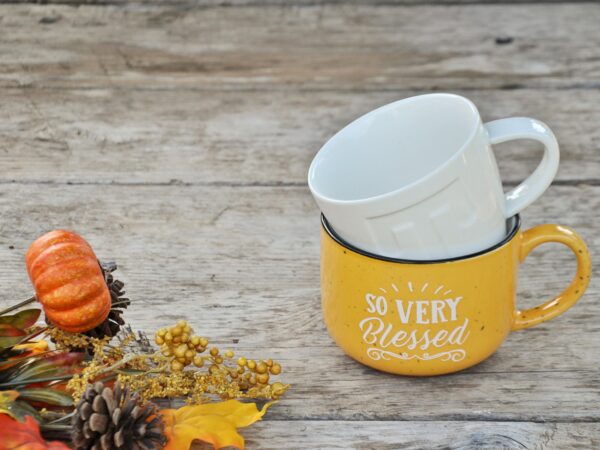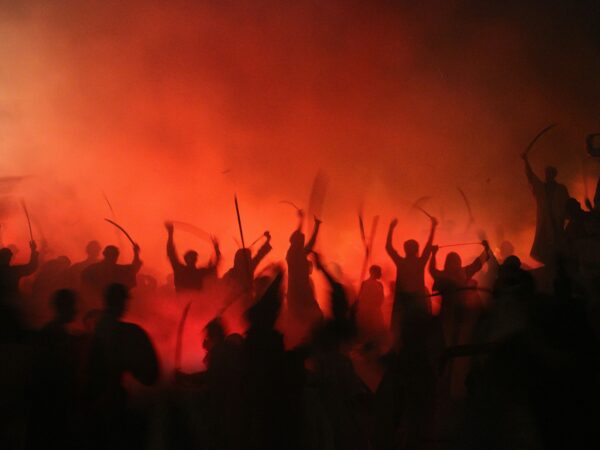
The laws at Sinai are no ball-and-chain, implementing a new form of slavery. They express the practical dimensions of life in freedom, the boundaries within which the nation can experience a life-giving form of service to the One who graciously rescued them from servitude. In short, they are revolutionary.

In displaying its cosmic vision, Psalm 8 invites its readers to participate, in some limited way, in the divine perspective that exceeds our own, in which anthropocentric fantasies are judged and redefined.

Images of imprisonment appear throughout the Psalter, where the psalmist turns to God as refuge in order to exit the pit of despair. Similar to the life of Omar Ibn Said, and the opera which tells his story, images of shelter and succor help the psalmist escape the abyss of embattlement, imprisonment, or depression, and nurture the attitudes of care, trust, and hope that crest in Psalm 146 and the Hallelujah psalms.

The God of Israel does not get so caught up in the national agenda that God neglects the prayers of individuals in pain. The best antidote to politics-as-usual is proper worship. Praising YHWH can keep our feet flat on the floor. As we worship the God who sees and the God who acts on behalf of the downtrodden, we seek to become like God. YHWH, rather than the human powers that be, becomes our model. In worship we become attentive to the things that God attends to, such as the grieving woman whose empty cradle signals an uncertain future.

Who produces American history textbooks? Beyond historians’ work, this question demands a reckoning with political partisanship that creeps into the publication process of history textbooks. A comparable phenomenon can be traceable in ancient textualization of sacred memory. Acknowledging political forces in knowledge production helps renegotiate one’s perspectives on sanctioned discourses of historical memory in modern and ancient worlds.

Jesus’ claim to be the good shepherd is much more than a comforting metaphor. It is a claim to kingship and a clarion call to surrender our wills and follow him to green pastures. His kingship subverts hierarchies. He models followership for us and ushers us into wide-open spaces where we can flourish in his upside-down kingdom.





